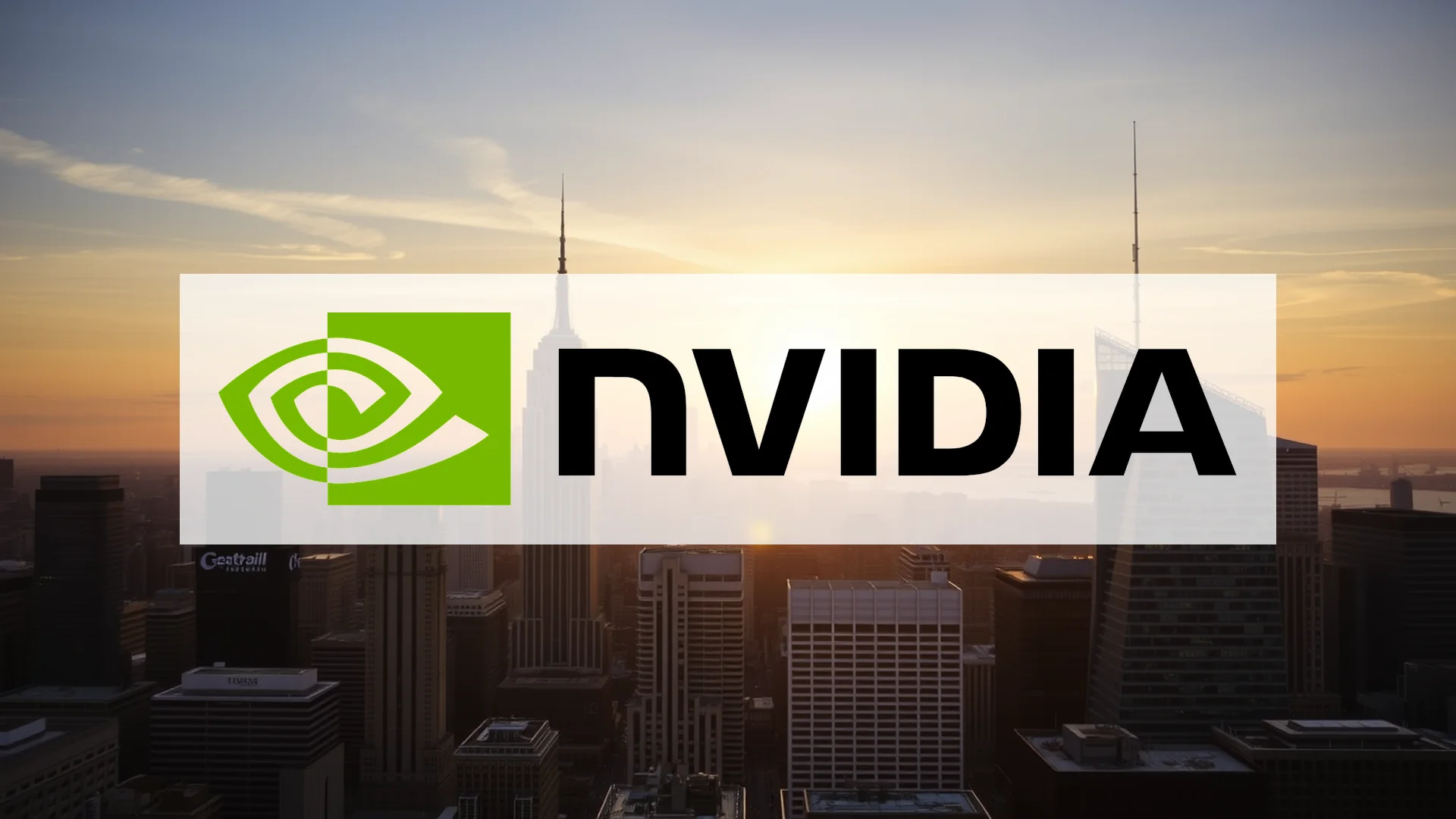Nvidia finds itself operating in a complex global landscape where political decisions are creating both obstacles and opportunities. The chipmaker’s trajectory is being shaped by contrasting regulatory developments: newly approved exports of advanced AI semiconductors to the Middle East are generating positive momentum, while simultaneously, the potential for stricter trade limitations in China threatens to constrain growth. This balancing act represents a critical test for the company’s strategic positioning.
Semiconductor Sector Shows Robust Performance
Market sentiment toward technology shares has turned decidedly positive following recent moderation in U.S.-China trade tensions. Nvidia registered substantial pre-market gains on Monday, with the broader semiconductor sector benefiting from this optimistic outlook. The Nasdaq-100 index’s upward movement reflects this renewed confidence in technology equities.
Underlying sector strength is evident in recent trade statistics. South Korea reported record-breaking ICT product exports during September, powered largely by a robust 21.9% surge in semiconductor shipments. Concurrently, Samsung Electronics posted significant operational profits for the third quarter, bolstered by the global chip industry’s recovery and sustained demand for artificial intelligence technologies.
Middle Eastern Expansion Provides Strategic Offset
As market access constraints evolve, Nvidia has secured an important authorization from U.S. regulators to supply sophisticated AI chips to the United Arab Emirates. This approval forms part of the broader U.S.-UAE artificial intelligence partnership and could potentially facilitate Emirati access to as many as 500,000 cutting-edge American AI chips annually beginning in 2025.
Should investors sell immediately? Or is it worth buying Nvidia?
The clearance encompasses high-performance products including H100 processors and the forthcoming Blackwell GPU architecture. This development positions Nvidia advantageously to support UAE ambitions to establish itself as a global artificial intelligence hub. Beyond securing a substantial revenue stream, this strategic authorization demonstrates the company’s capability to successfully navigate intricate international trade regulations.
Geopolitical Tensions Intensify in Chip Industry
Global semiconductor tensions have escalated markedly recently. China’s semiconductor industry association has publicly opposed what it characterizes as “discriminatory restrictions” targeting Chinese companies operating overseas. The situation intensified when the Dutch government intervened in Nexperia, a subsidiary of Chinese corporation Wingtech, citing security concerns.
These developments reflect a wider international pattern where nations including the United States and the Netherlands are imposing limitations on exports of advanced chip manufacturing equipment to China. For Nvidia, this creates an increasingly delicate operational environment. The corporation must maintain compliance with stringent U.S. export controls while managing the potential erosion of its significant Chinese market presence.
Can Nvidia maintain its dominant standing in the artificial intelligence marketplace amid these challenging geopolitical circumstances? Recent events indicate that the contest for AI supremacy will be determined not only within data centers but equally within the conference rooms where international policy is formulated.
Ad
Nvidia Stock: Buy or Sell?! New Nvidia Analysis from February 7 delivers the answer:
The latest Nvidia figures speak for themselves: Urgent action needed for Nvidia investors. Is it worth buying or should you sell? Find out what to do now in the current free analysis from February 7.
Nvidia: Buy or sell? Read more here...











